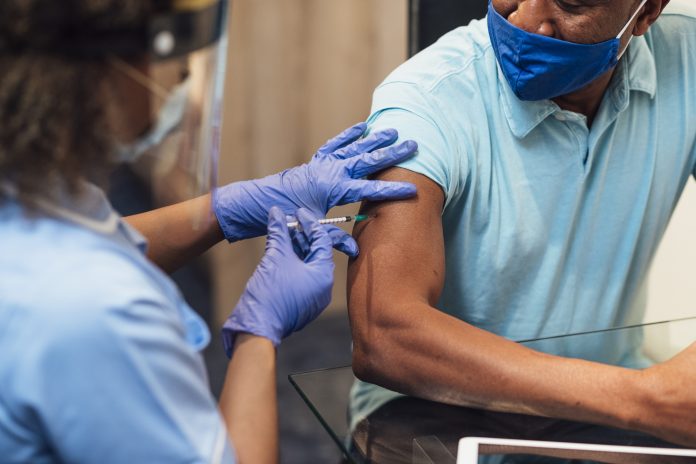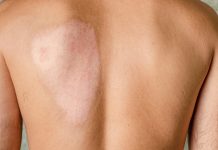Researchers have looked into the case of a man who has claimed to have received over 200 vaccinations against COVID-19 to help deepen the understanding of hypervaccination
The researchers from Friedrich-Alexander-Universität Erlangen-Nürnberg (FAU) and Universitätsklinikum Erlangen published in The Lancet Infectious Diseases study highlights the effects of hypervaccination on the immune system.
Can too many vaccines cause more harm than good?
The man who received these vaccines for private reasons was noticed through newspaper reports and voluntarily underwent extensive testing to examine the effect of all the vaccines.
Despite initial concerns that his immune system would become less effective due to overexposure to antigens, the study revealed the opposite.
Contrary to what people may have thought, the man’s immune system appeared fully functional, with certain immune cells and antibodies against SARS-CoV-2 found in significantly higher concentrations than in individuals who had received only three vaccinations.
The result of overexposure to antigens
This study challenges the idea that repeated exposure to antigens could weaken the immune response. Dr Kilian Schober, from the Institute of Microbiology at FAU, explained that the study involved analysing tests during the study period.
The results showed many T-effector cells, which play a crucial role in fighting the virus, suggesting that the man’s immune system remained strong and responsive.
The study found no fatigue in these effector cells, indicating they were just as effective as in individuals who had received the normal number of vaccinations.
Memory T cells, which are key in replenishing effector cells, were also productive, further strengthening the immune response.
Continued effectiveness of the vaccine
The 217th vaccination that the man received during the study produced a significant increase in antibodies against SARS-CoV-2, highlighting the continued effectiveness of the vaccine despite the man’s extensive vaccination history.
The person also examined the immune system response to other pathogens and found no noticeable change in effectiveness, suggesting that hypervaccination did not compromise overall immune function.
Dr. Schober emphasised that while the findings are encouraging, they are based on a single case and do not authenticate conclusions or recommendations. Current research supports the standard vaccination protocol, with three doses recommended for most individuals and additional booster shots for vulnerable groups.
The study’s findings highlight the resilience of the immune system and the potential for vaccines to provide robust and long-lasting protection against COVID-19.
In conclusion, while the case of the man who received over 200 COVID vaccinations may be unique, it offers valuable insights into the complexities of the immune response.








